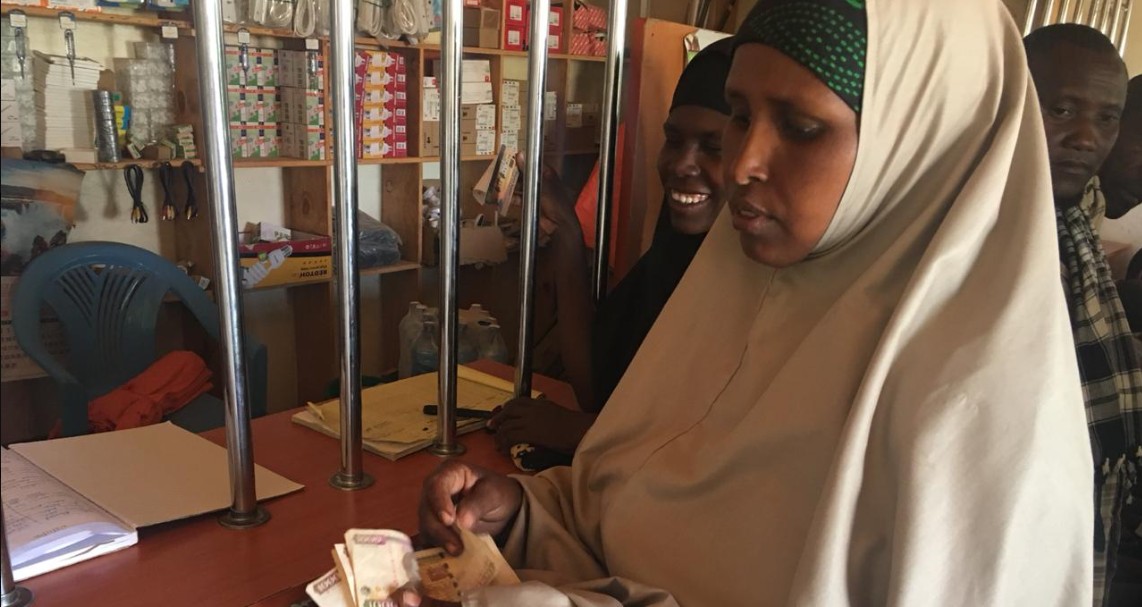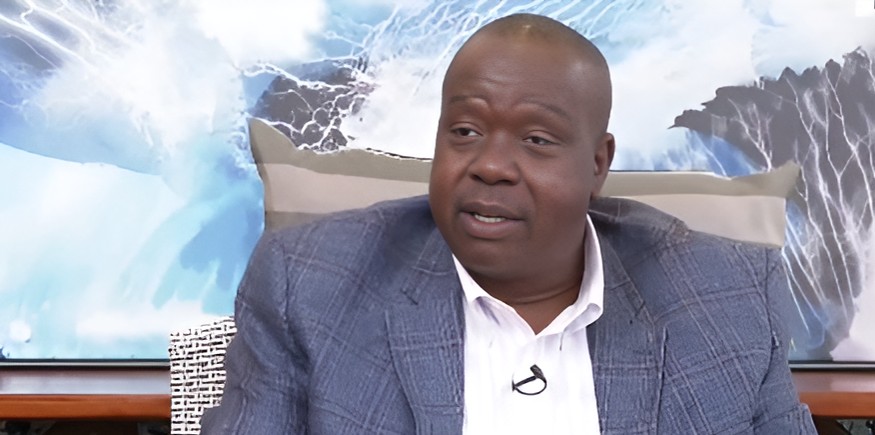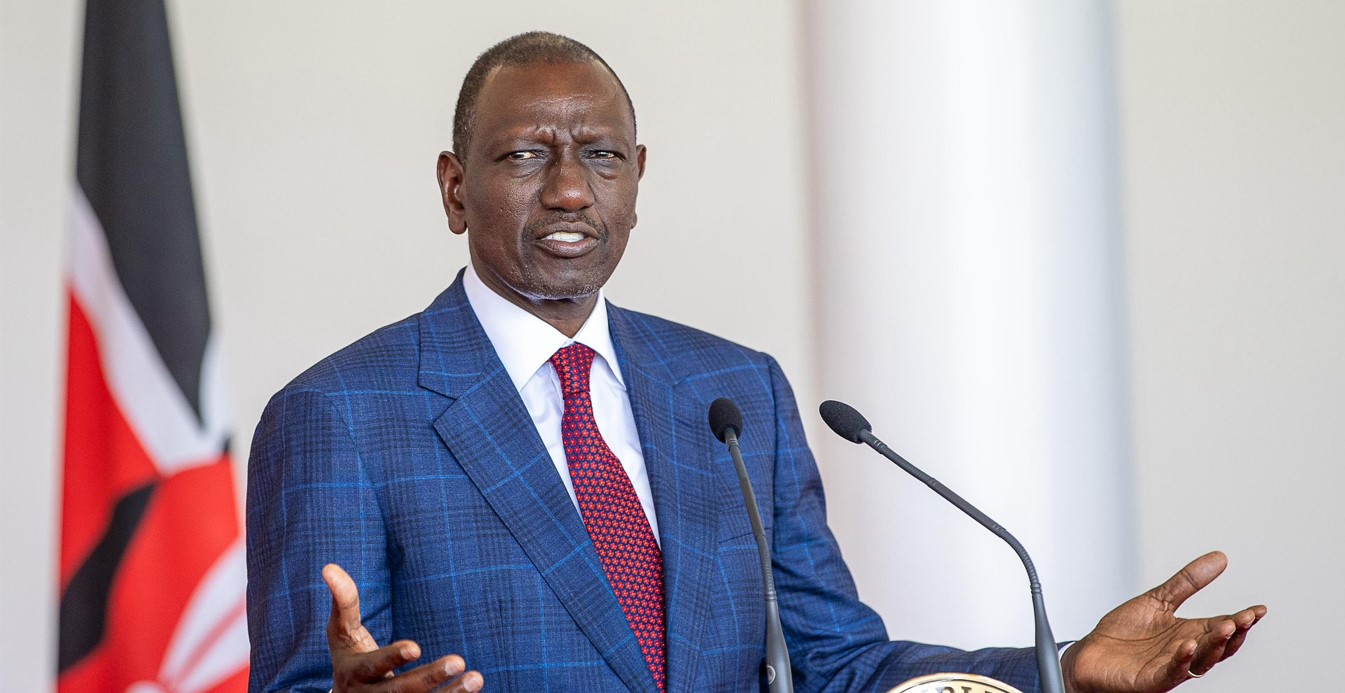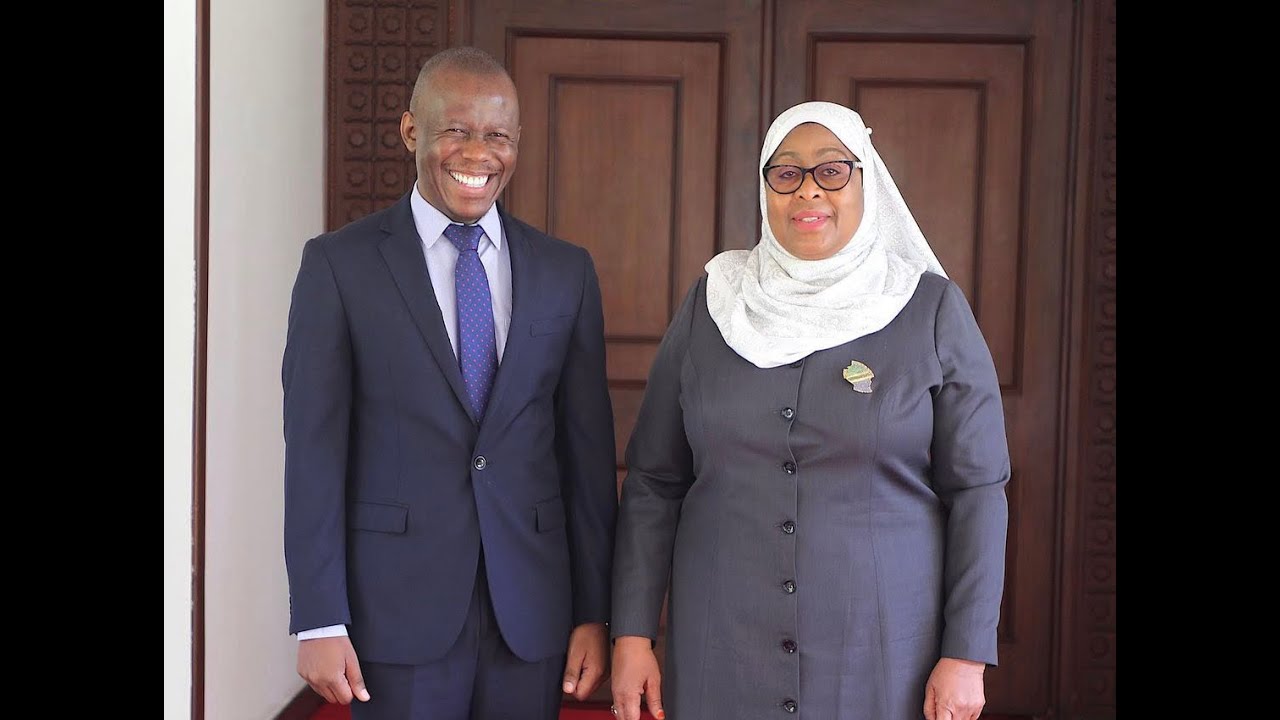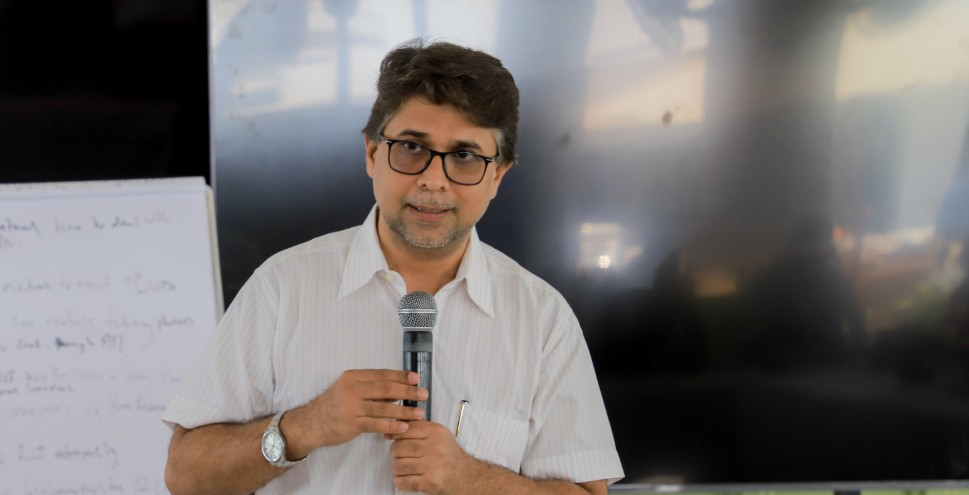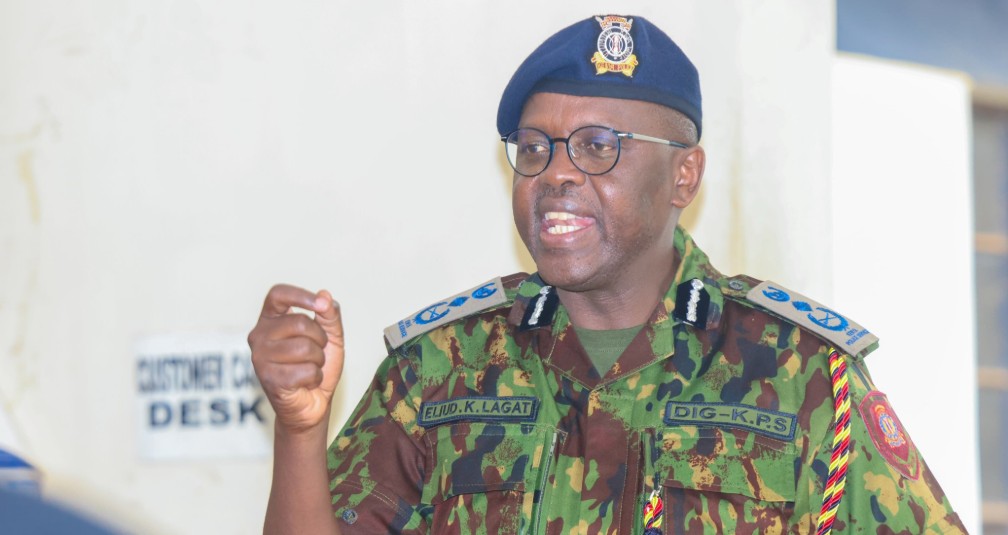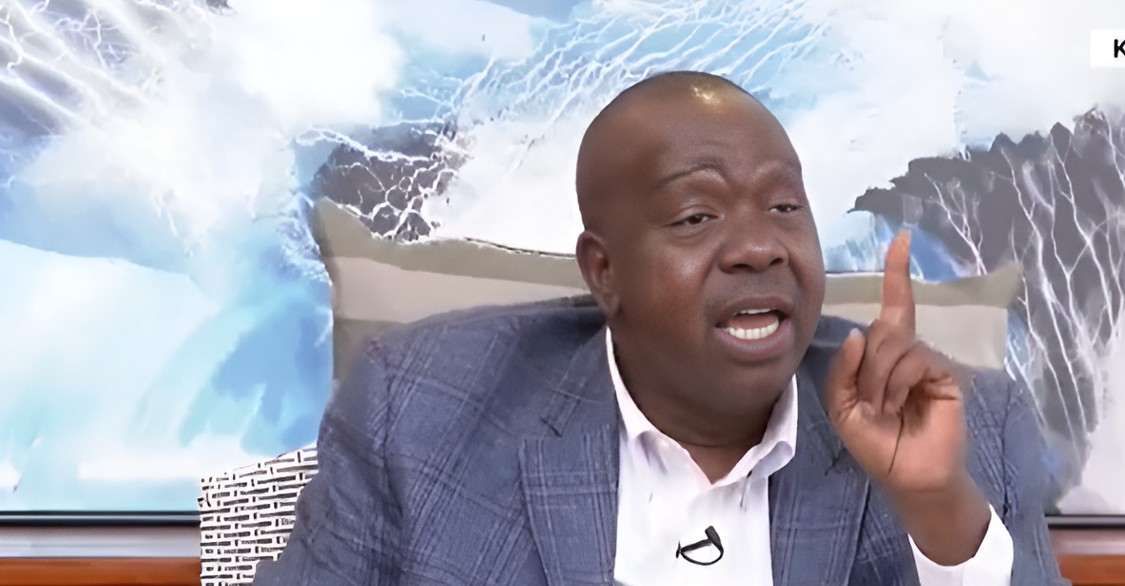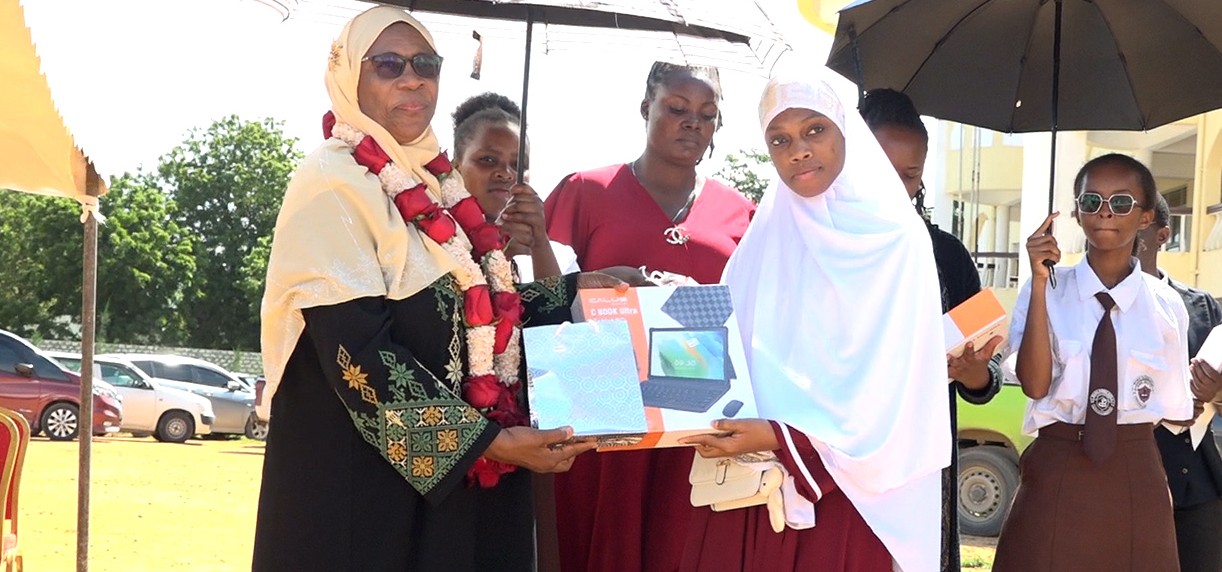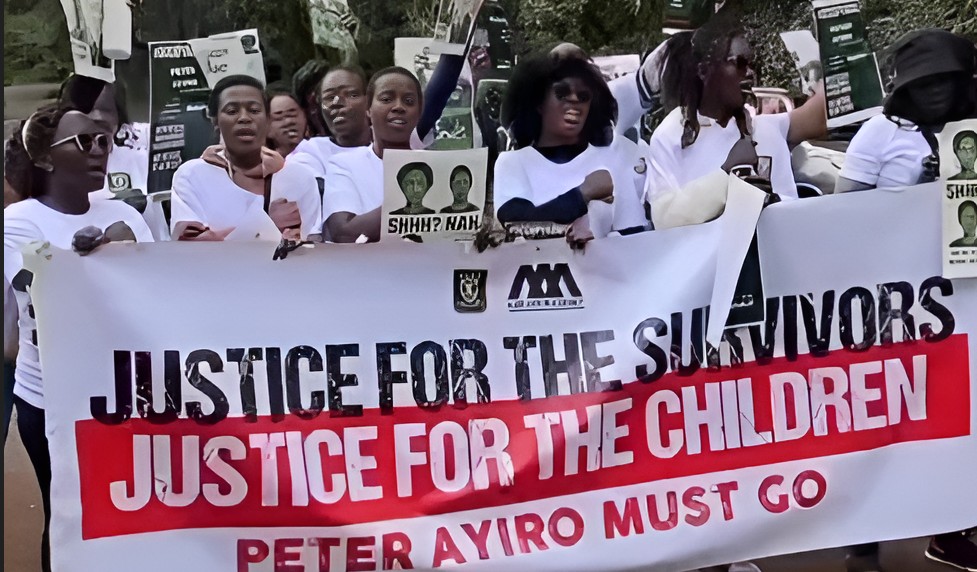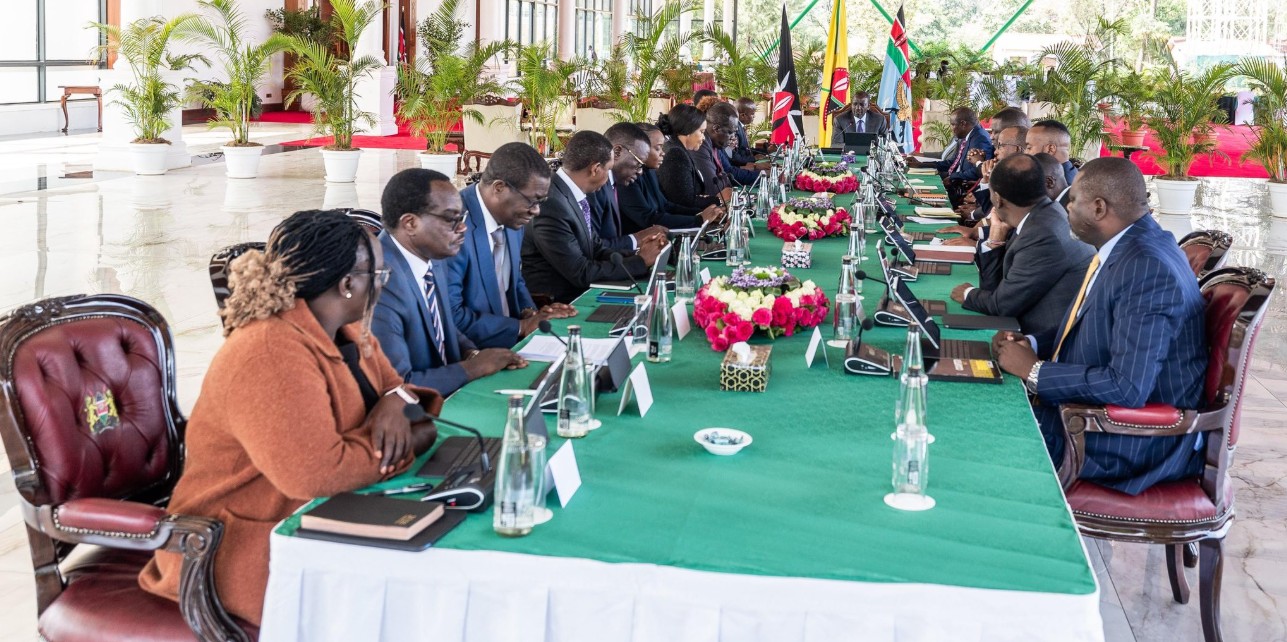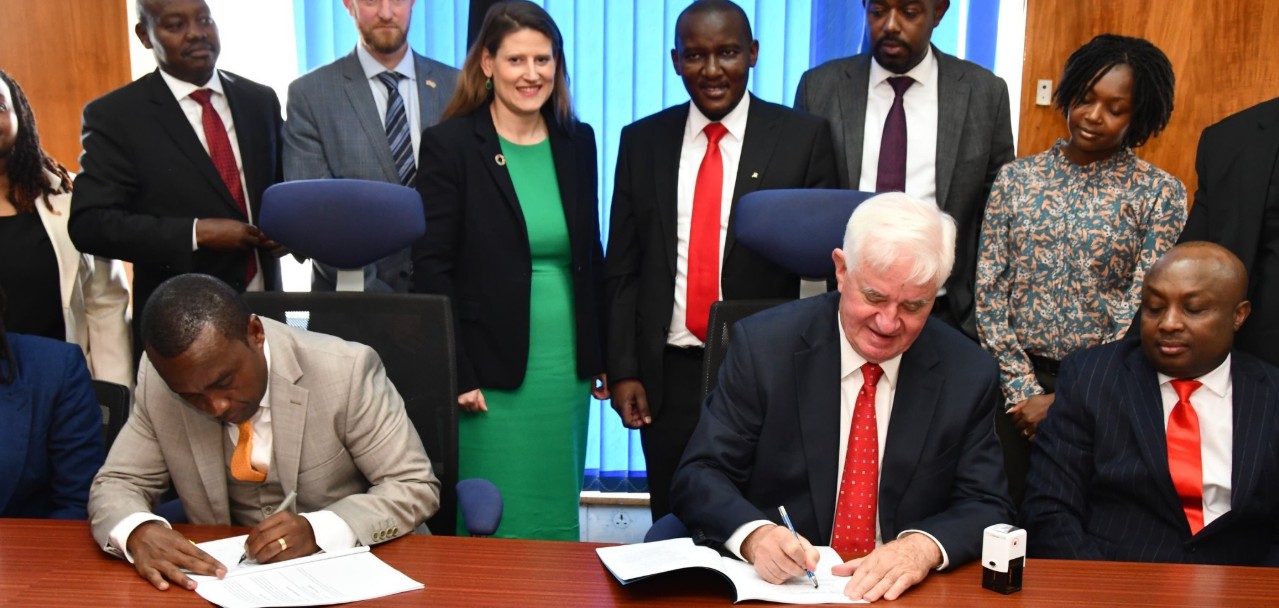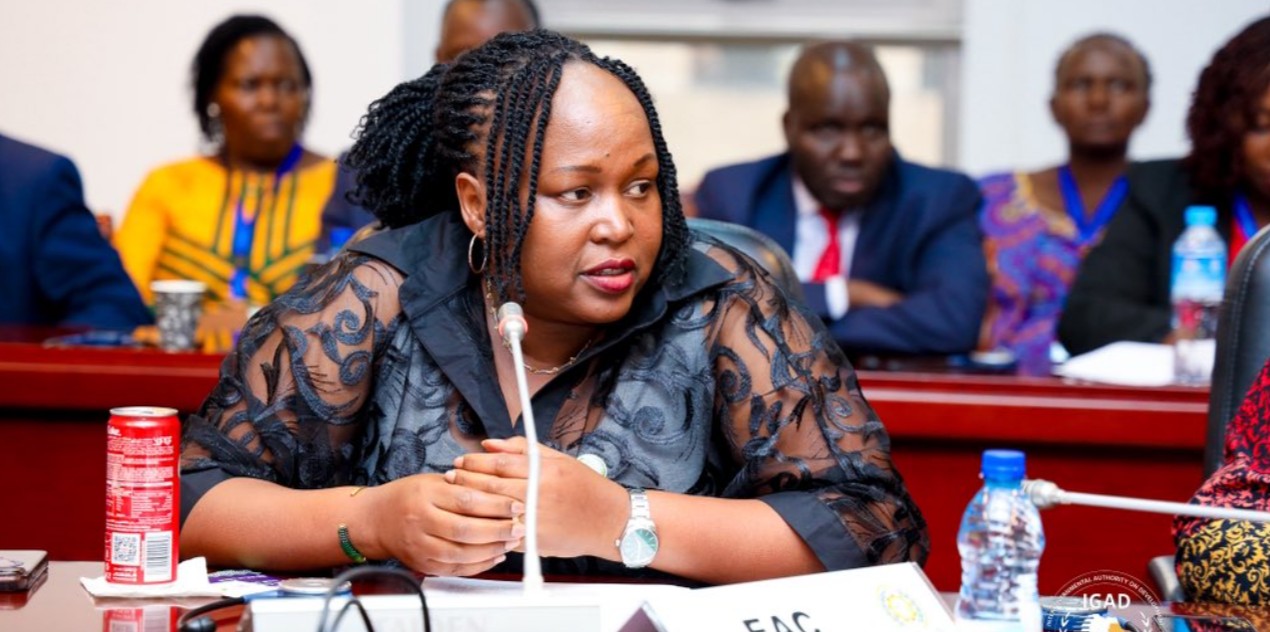AU Commission finalises leadership team at Malabo meeting after months-long delay

The newly constituted AUC leadership will serve a four-year term, charged with driving Africa’s integration agenda amid mounting internal and external challenges.
Over the weekend in Malabo, Equatorial Guinea, African foreign ministers concluded a long-delayed electoral process by appointing the final two commissioners to the African Union Commission (AUC), officially completing the continental body's leadership team.
Francisca Tatchouop Belobe of Equatorial Guinea will lead the Economic Development, Trade, Tourism, Industry, and Minerals (ETTIM) portfolio. At the same time, Professor Gaspard Banyankimbona of Burundi has been elected Commissioner for Education, Science, Technology, and Innovation (ESTI).
More To Read
- AU mid-year summit in Malabo renews push for regional integration amid lingering divisions
- Africa’s freshwater ecosystems depend on little creatures like insects and snails: Study maps overlooked species
- Kenya must raise Sh1.6 trillion by 2030 to achieve SDGs, African Development Bank report reveals
- Kenya losing Sh194 billion annually to corruption - AfDB
- Ruto meets AUC chief Mahmoud Youssouf amid growing doubts over union’s reform agenda
- African leaders urge US to ramp up investment, rethink tariffs
Their appointments were confirmed during the 47th Ordinary Session of the AU Executive Council, which comprises foreign ministers from across the continent.
The newly constituted AUC leadership will serve a four-year term, charged with driving Africa’s integration agenda amid mounting internal and external challenges.
This final round of appointments follows months of delay after the initial elections in February stalled when candidates failed to meet the Commission’s technical qualifications or regional balancing requirements.
Critical juncture
The commission, serving as the AU’s executive arm, now stands at a critical juncture.
On one hand, it is expected to push forward a bold agenda centred on integration, development, and institutional reform. On the other hand, it faces serious structural obstacles: many member states are contending with rising debt, inflation, and shrinking fiscal space, while the Commission remains dependent on external donors for over 60 per cent of its operating budget.
The road ahead is daunting.
Conflicts in the Sahel, the Horn of Africa, and eastern Congo are becoming more complex and widespread, undermining regional stability. At the same time, Africa’s access to global finance remains prohibitively expensive, even as the continent’s development needs grow more urgent.
According to the African Development Bank, over 50 million Africans have been pushed into extreme poverty over the past three years due to a combination of economic shocks and climate-related stress.
While the AU Commission is envisioned as a technocratic engine for continental progress, its success ultimately depends on the political will and financial backing of member states.
Without that commitment, the newly elected leadership risks becoming mere custodians of lofty ambitions, without the means to deliver.
Top Stories Today
